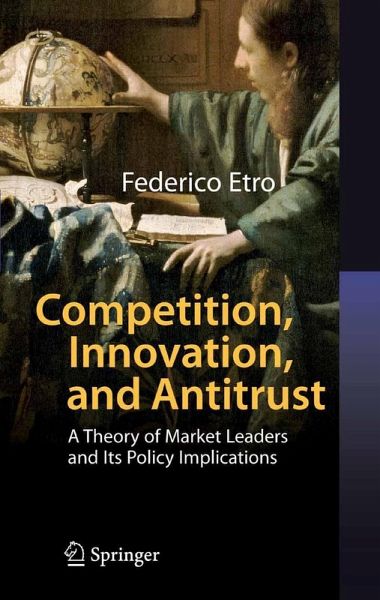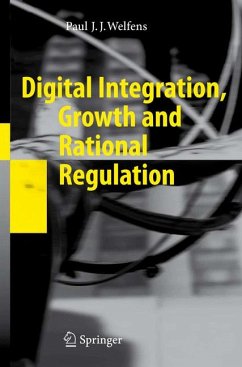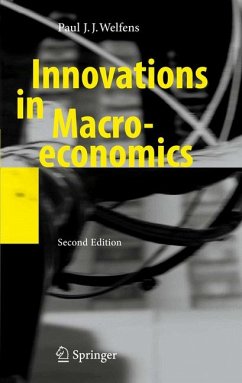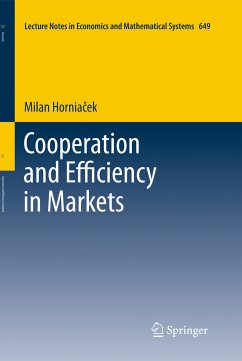
Competition, Innovation, and Antitrust (eBook, PDF)
A Theory of Market Leaders and Its Policy Implications
Versandkostenfrei!
Sofort per Download lieferbar
72,95 €
inkl. MwSt.
Weitere Ausgaben:

PAYBACK Punkte
36 °P sammeln!
This book reviews recent progress in the theory of oligopoly and market leadership and provides new results on the theory of Stackelberg competition and Nash competition with strategic investment under endogenous entry. These theories are applied to models of competition in quantities, prices and to patent races. The results are used to propose a new approach to competition policy and, in particular, to issues of the abuse of dominance, which goes beyond the post-Chicago approach, and to analyze such antitrust cases as the Microsoft case.
Dieser Download kann aus rechtlichen Gründen nur mit Rechnungsadresse in A, B, BG, CY, CZ, D, DK, EW, E, FIN, F, GR, HR, H, IRL, I, LT, L, LR, M, NL, PL, P, R, S, SLO, SK ausgeliefert werden.












